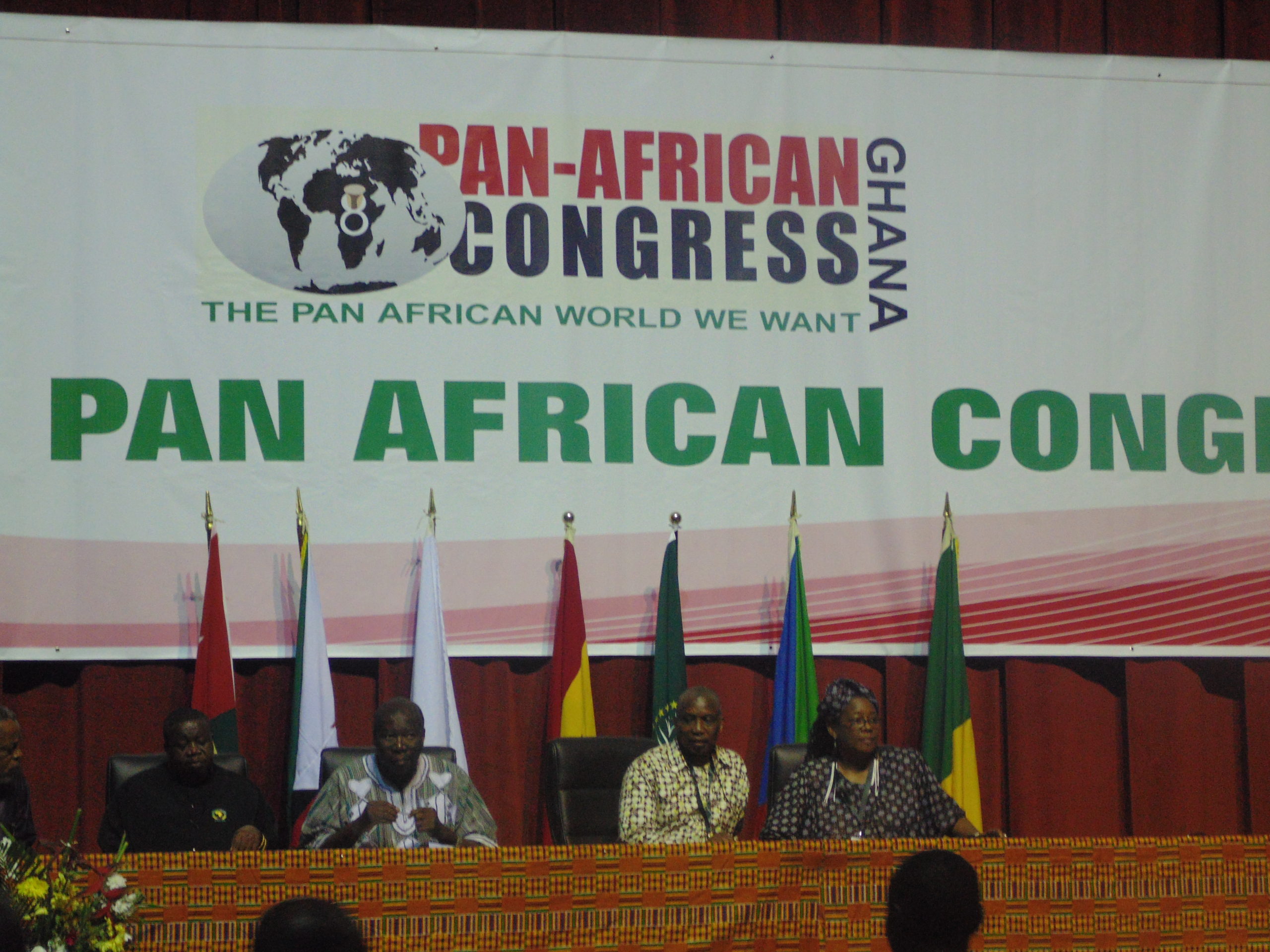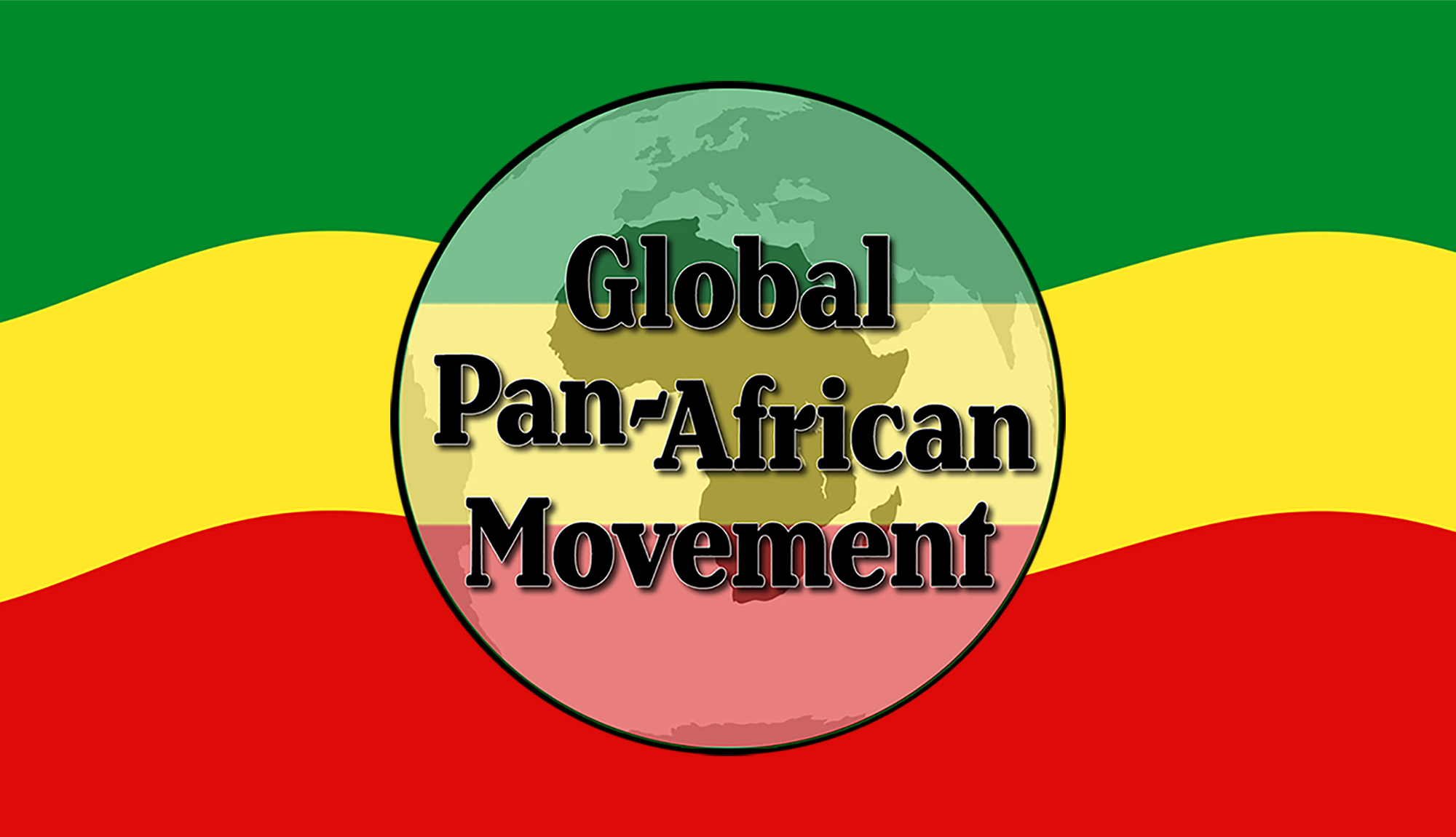The Global Pan African Movement extends its solidarity with the people of the Congo who have been affected by the political situation in the region. GPAM wants to share its observations and recommendations in the pursuit of peace. We urge you to share these points with students, academics, unions, churches, mosques, schools, communities, and everyone in your networks. Below are our seven points:
In the 61 years since the assassination of Patrice Lumumba and the destruction of the self determination projects of the Congolese peoples, the society has been the scene of warfare, genocidal violence and the plunder of the human and natural resources, forcing millions to flee their homes and societies.
The people of the Congo yearn for peace and anticipated that with the removal of the Mobutu Sese Seko regime, there would be a path of reconstruction.
This is not to be. Since 1997, warfare and the illicit exploitation of mineral resources has robbed the society of millions of lives.
There had been heightened expectations that with the Congo joining the East African Community (EAU) in April 2022, there would be a clear path to peace and reconstruction. Alas, this is not to be.
1. The GPAM condemns the intervention of external military forces in the Democratic Republic of the Congo.
2. In Particular, the GPAM calls for the African Union (AU) and the EAU to impress upon the governments of Rwanda and Uganda to desist from support for armed military groups operating in the Democratic Republic of the Congo.
3. The GPAM condemns the ethnically-targeted hate speech directed against citizens of the Congo especially in the North Kivu region. The politics of ethnicity as a basis for hate speech, discrimination and militarization has no place in Africa.
4. The Congolese and the Rwandese governments, indeed all governments of the region must denounce the killing of innocent civilians in North Kivu and take the necessary measures to ensure such violence comes to an end.
5. The Congolese and Rwandese government must engage in negotiations to guarantee peace in the region. The EAC and the AU should continue to play a central role in mediating negotiations based on their mission of peace and cooperation as outlined in the EAC Treaty and AU Charter.
6. GPAM support calls for a ceasefire and dialogue that includes the government of Congo, Rwanda, and M23, using the Joint ICGLR-SADC Final Communique on Kampala Dialogue as a starting point. We understand the lack of commitment, and the spontaneity of ongoing political situations will make the dialogue an extended process, which ensures all groups are involved in creating a meaningful outcome that places the humanity of Congolese and Rwandese people at the forefront of successful negotiations.
7. Pan African Intellectuals must go beyond surface level observations and simple minded social media commentaries. Such conversation should engage in educational programs to expose the need for reparative justice, in an effort to move towards discussions of demilitarization and finding sustainable peace for all people in Congo and Rwanda under the philosophy of ubuntu.
8. As geopolitical alliances shift, older structures of power are threatened, and people continue to organize in Africa, the international community (especially the non-aligned group) must use this time to build sustainable organizations and solidarity that supports progressive forces on the continent.


